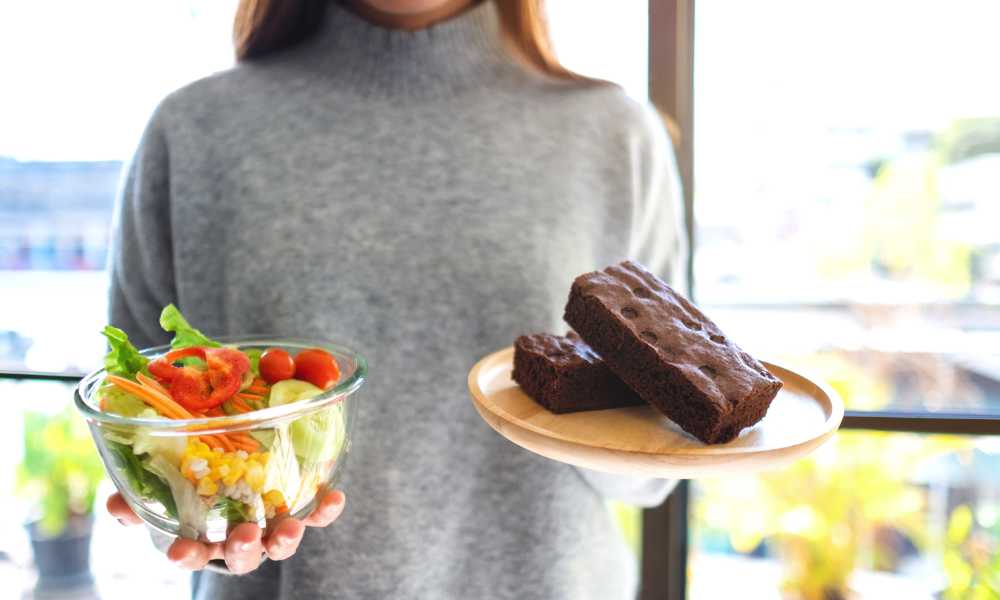alkaline foods, or alkalizing foods, are all those foods whose residues not metabolised by the body, they have a basic pH... but what does this mean?
The pH is a logarithmic concentration value that determines the acidic or basic (alkaline) nature of a solution, and is a value between 0 and 14:
- Acid: for values between 0 and 6.9
- Neutral: equal to 7
- Basic or alkaline: for values between 7.1 and 14
Each part of our body has different pH values that support the correct functioning of our organism.
For this reason it is very important to maintain a correct acid-base balance. There are various organs that regulate this balance and which, together with extracellular and intracellular buffer systems, neutralize pH variations while maintaining the physiological value.
There are many factors that can affect the acid-base balance, causing an increase in acids in the body: excessive sport, aging, stress, smoking, alcohol use, but above all nutrition.
The alkaline diet
The modern diet, mainly composed of packaged, refined and processed foods, excessive consumption of animal proteins and sugars, tends to have an acidifying effect on the body, with possible negative consequences on health.
Therefore, by alkalization we mean bringing the pH back towards the right alkalinity and, consequently, rebalancing the health of the whole organism, to regain natural well-being.
For this reason, it could be useful to consume alkalizing foods every day, i.e. foods capable of "shifting" the pH towards alkalinity to re-establish an acid-base balance, this type of diet is defined as alkaline.
The alkaline diet involves the consumption of:
- 80% alkalizing foods: such as vegetables, fresh fruit, fruit juices, tubers, dried fruit and legumes.
- 20% acidifying foods, trying to greatly limit the consumption of foods such as refined cereals, meat, dairy products and alcohol.

What are alkaline foods?
As we have already said, alkaline foods, or alkalizing, are all those foods whose residues not metabolised by the body have a basic pH.
PRAL (Potential Renal Acid Load) is a scientifically validated method for establishing the acid/alkaline potential of a food.
Alkaline foods have a low PRAL, regardless of their pH. Alkalizing foods are mainly fruit, vegetables, legumes and whole grains (unrefined).
Here is a list of some of the most alkaline foods to consume:
- All vegetables, especially the cabbage and broccoli family, but also all green leaf vegetables such as spinach and chard.
- I tubers and roots, such as potatoes, beets, turnips, carrots and radishes as well as maca.
- fruit, especially lemon and all citrus fruits, grapes, pineapple, melon, etc.
- I legumes, such as lentils, peas, and chickpeas.
- Dried and dried fruit
- Cereals, to be consumed whole.
Is the alkaline diet good for you?
It should be clarified thatthere is no scientific evidenceto support the belief that foods, defined as alkaline, can influence the acidity and pH of body fluids and that this presumed alkalinisation would have beneficial effects on the body.
It is virtually impossible to substantially change the body's pH because we are built to prevent this from happening.
In conclusion, it is not proven that foods are capable of modifying the body's pH and we know with certainty that it is a mechanism finely regulated by our body in a natural way.
But it must be said that the alkaline diet favors the consumption of fruit and vegetables, discouraging the excessive consumption of meat, dairy products and refined cereals. So certainly some aspects of this diet, such as the emphasis placed on vegetables, are positive!
Sources:


Leave a comment